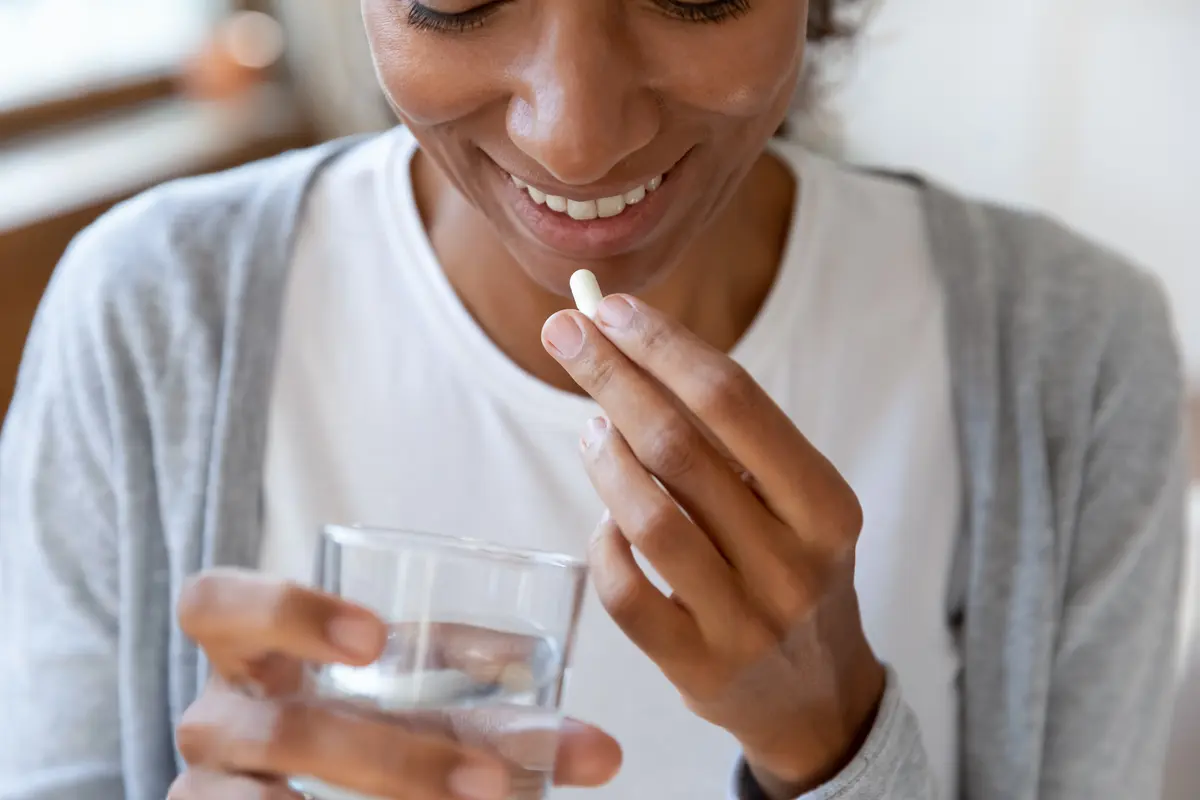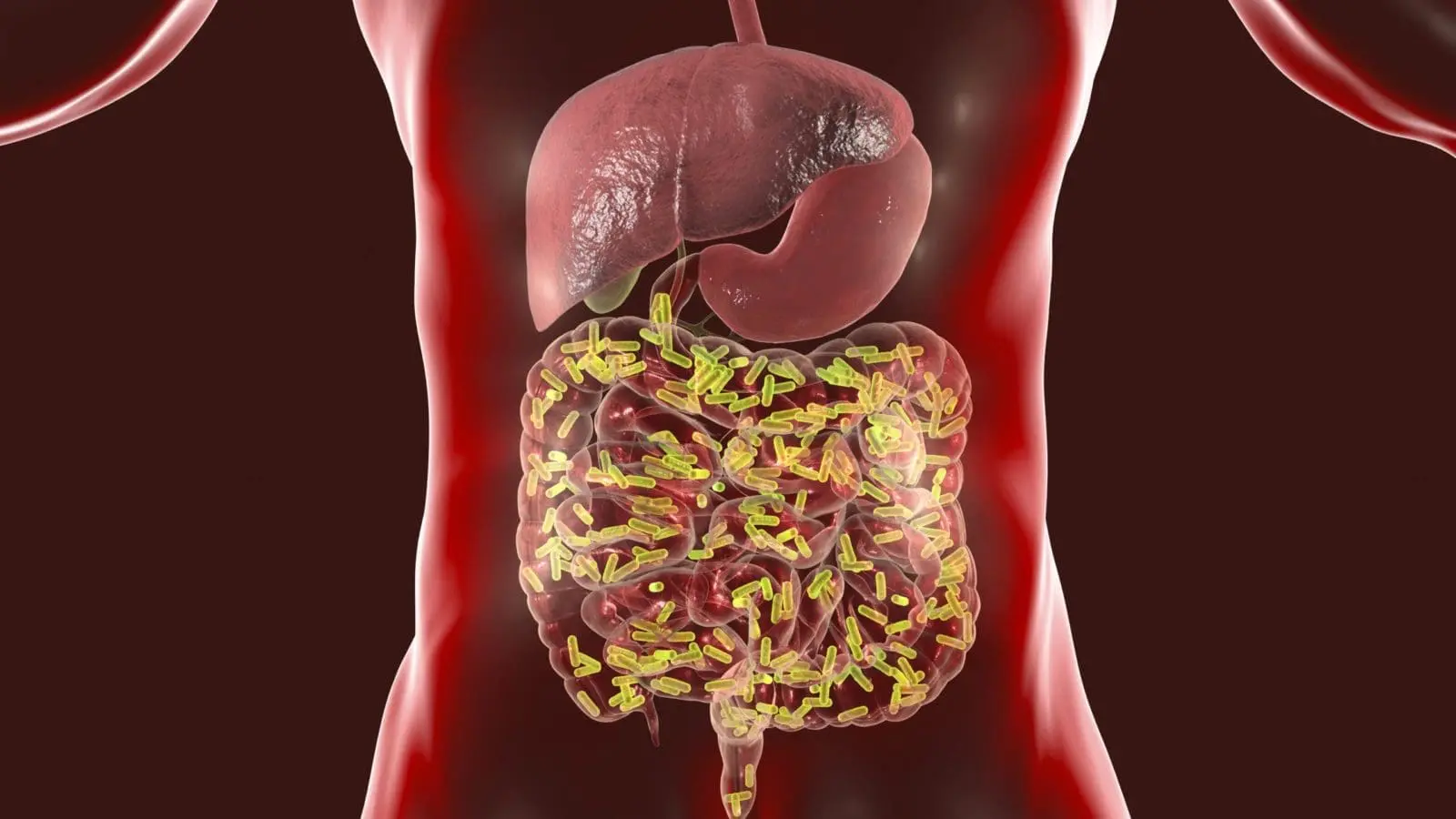Dec 27, 2010
Suzy Cohen

Suzy Cohen: Dear Pharmacist,
Recently, when I had some dental work done, the dentist gave me a prescription for antibiotics. By the end of the week, my stomach really hurt. Could antibiotics cause that? –M.S. Sanibel, Florida
Answer: Pretty darned likely! Antibiotics do a great job of killing off just about all the bacteria in your body, including the beneficial ones. You may not be aware that your whole gut is full of bacteria that serve several important functions, including helping you to digest your food and to form important nutrients that your body needs, such as vitamin K and B12. There are more micro-organisms in your intestines than there are cells in your body.
Once the antibiotic sweeps your intestines clean of beneficial bacteria, any stray yeasts that happen to be living in your intestines suddenly have more room to grow and thrive. This can result in an uncomfortable yeast infection. If the yeast is Candida, you could be dealing with the unpleasant effects for years to come. That’s one reason I’m so opposed to unnecessary antibiotic prescriptions. The one for your dental work may have been necessary, but please, never ask your doctor for antibiotics to deal with a cold or flu, which are caused by viruses.
Antibiotics zap bacteria, not viruses. Well-meaning doctors cave sometimes and prescribe antibiotics to flu patients who hint for it. Antibiotics are hard on your body for a number of reasons, so unless you really need it, please don’t take it.
Which reminds me, if you do need it, then make sure you completely finish what’s in that bottle. Don’t stop taking the antibiotic as soon as you’re feeling better. There’s a reason. Antibiotics typically kill off the weaker germs first. If you stop too soon, the only survivors will be the tough guys… the ones who fight back with a fury. So you could wind up with a dangerous, antibiotic-resistant infection, and that spells trouble, possibly even hospitalization.
If antibiotics cause nausea, diarrhea or abdominal pain, you should let your doctor know. You may be given an alternative medication that your system tolerates better. Stop your antibiotic if you experience symptoms such as itching, hives, or breathing difficulties. These are signs of a dangerous allergic reaction.
People who take antibiotics should also take a dietary supplement called a “probiotic” in between doses of the antibiotic. Good brands contain multiple strains of beneficial bacteria that replace the ones that the antibiotic kills off. You can find over-the-counter probiotics at your health food store. Follow directions on the label and continue for several weeks afterwards if not indefinitely. Some of the more effective (and least allergenic) formulas include Dr. Ohhira’s Probiotic Plus, or Saccharomyces Boulardii, or New Chapter All-Flora.
-
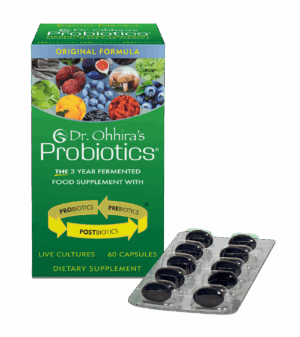 Dr. Ohhira’s Probiotics®$13.95 – $89.95Price range: $13.95 through $89.95
Dr. Ohhira’s Probiotics®$13.95 – $89.95Price range: $13.95 through $89.95 -
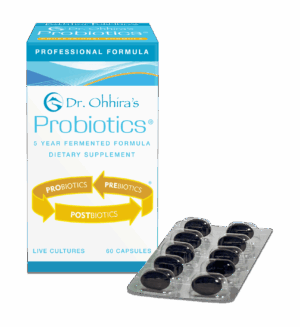 Dr. Ohhira’s® Probiotics Professional Formula$39.95 – $129.65Price range: $39.95 through $129.65
Dr. Ohhira’s® Probiotics Professional Formula$39.95 – $129.65Price range: $39.95 through $129.65 -
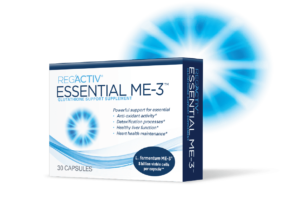 Reg´Activ® Essential ME-3$39.95
Reg´Activ® Essential ME-3$39.95
Did You Know?
Asthmatics with insufficient vitamin D are 50 percent more likely to be hospitalized for an asthma attack.
Article Source: http://dearpharmacist.com/?p=1497


